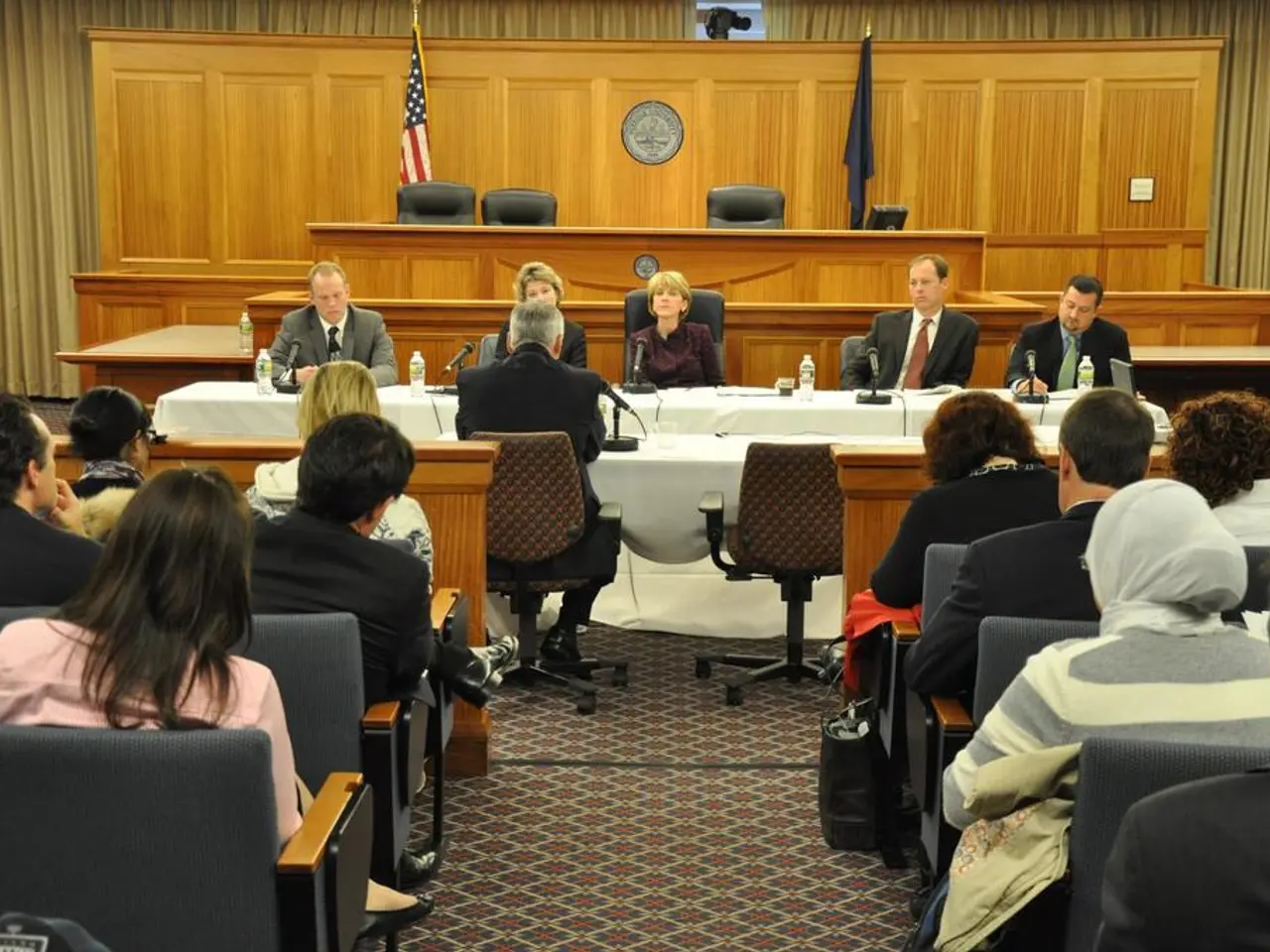Should America Still Rely on Britain?
In a surprising turn of events, Haroon Aswat, a convicted al-Qaeda terrorist, was released from a British court this week. Aswat, who masterminded a 2005 bus bombing in London that claimed the lives of 52 people and injured over 700, is now walking free in Britain.
This decision has sparked outrage, with U.S. authorities strongly opposing Aswat's early release, stating he is a "terrorist" and "foot soldier" of al-Qaeda. The U.S. government has expressed concerns about the safety of the British public, given Aswat's past involvement in terrorism.
Meanwhile, the new British Home Secretary, Shabana Mahmood, has been appointed to investigate "grooming gangs" of largely Pakistani men who assaulted and raped hundreds of British girls. Mahmood, who belongs to the Labour Party, has been portrayed as relatively tough on illegal immigration and public safety by the British press.
However, Mahmood's stance on terrorism and immigration has been called into question. In the past, Mahmood has made controversial comments about the Israeli-Palestinian conflict, repeating Hamas propaganda lines at an anti-Israel rally and attending a rally where speakers called to "globalize the intifada."
Moreover, Mahmood has professed a thorough disdain for her own country, its people, and its traditions, stating that "the people that you see holding the English flag... are white, are male, and they are bad people." These remarks have raised concerns about Mahmood's ability to be objective in managing the immigration crisis.
Given that most of the migrants arriving in Britain are coming from Muslim-majority countries, there are further concerns about Mahmood's ability to address the issue impartially. Thousands of Brits are being arrested for "offensive" social media posts, while migrants who commit crimes like robbery, rape, and sexual assault are walking free.
The meetings of the Five Eyes alliance (United States, United Kingdom, Canada, Australia, and New Zealand) held in London this week to discuss combating human smuggling and drug trafficking may provide an opportunity for international cooperation in addressing these concerns.
As the British public grapples with these developments, the future of immigration policy and the handling of terrorism cases remains uncertain. Sir Robert Jay of Britain's High Court wished Aswat "all the best" as he was set free, a decision that has left many questioning the priorities of the British government.
Read also:
- United States tariffs pose a threat to India, necessitating the recruitment of adept negotiators or strategists, similar to those who had influenced Trump's decisions.
- Weekly happenings in the German Federal Parliament (Bundestag)
- Southwest region's most popular posts, accompanied by an inquiry:
- Discussion between Putin and Trump in Alaska could potentially overshadow Ukraine's concerns








